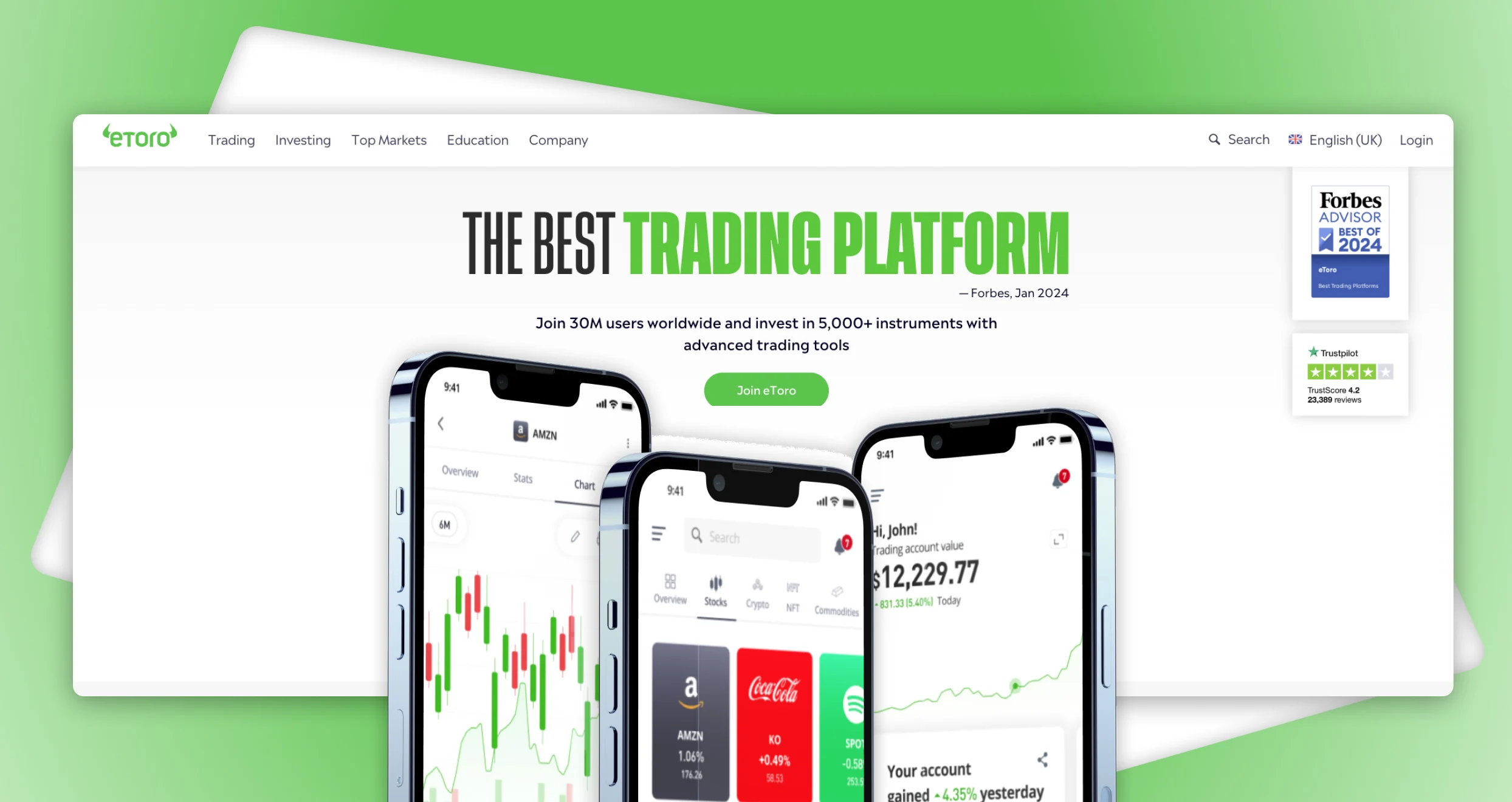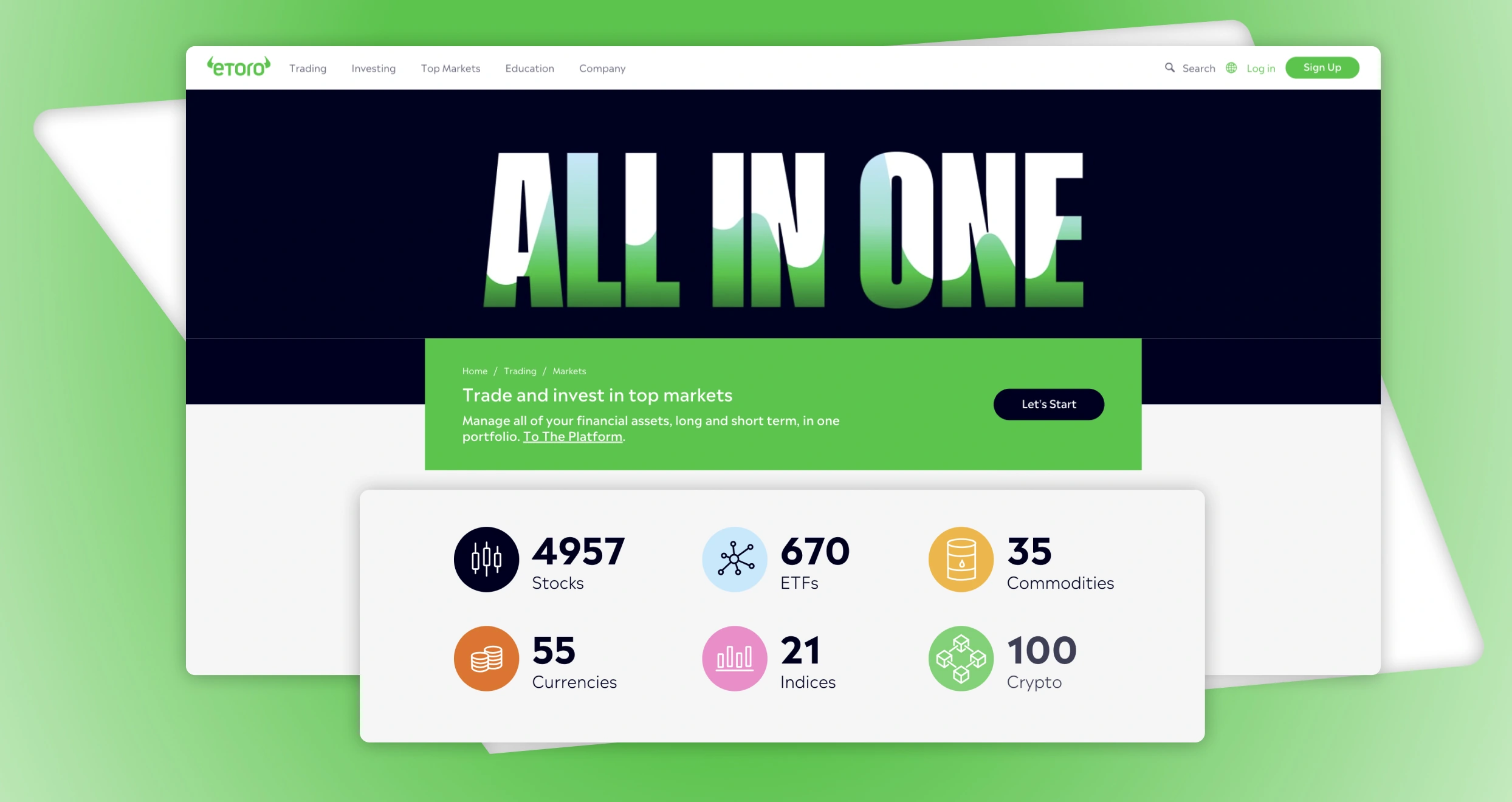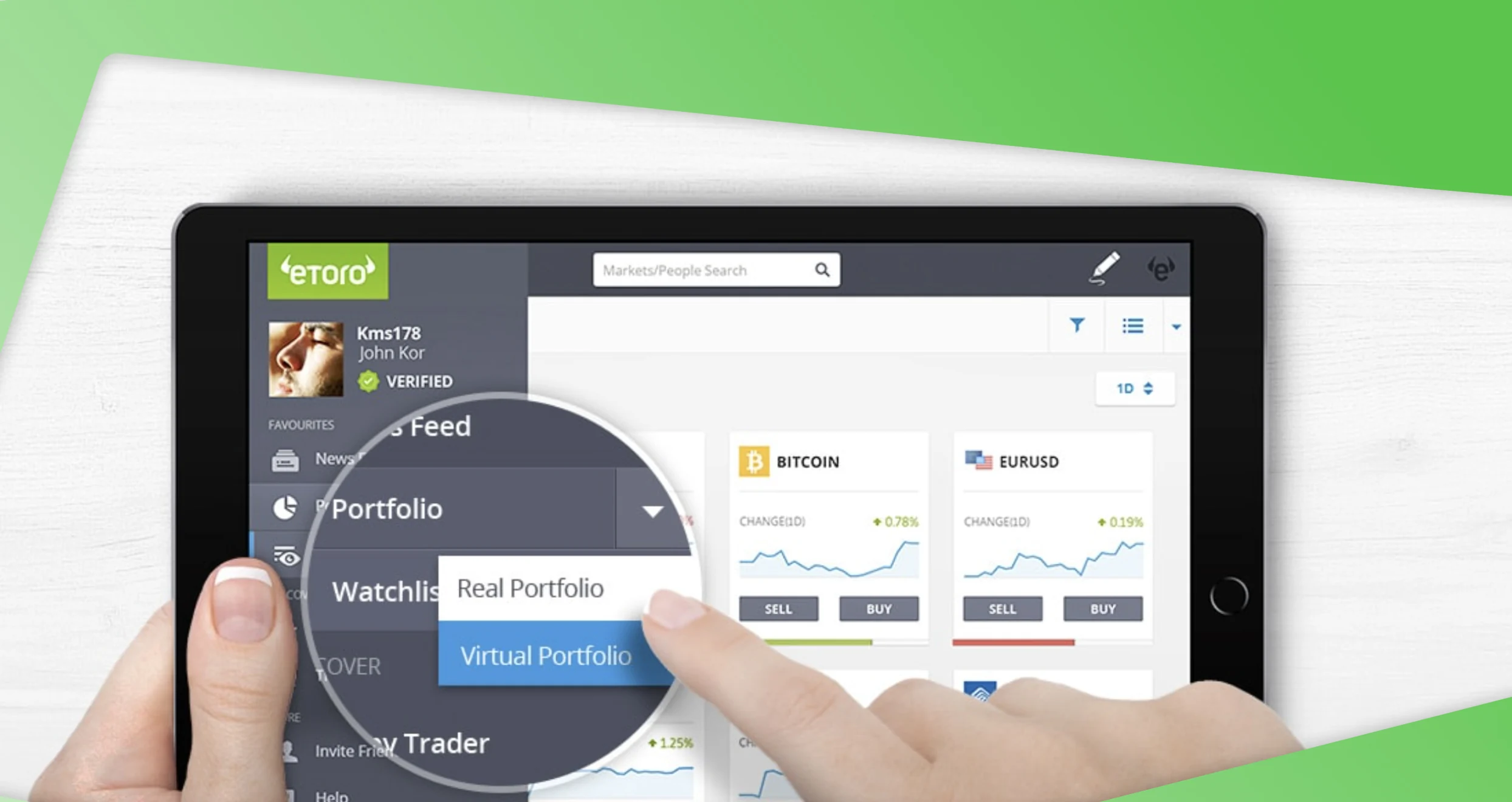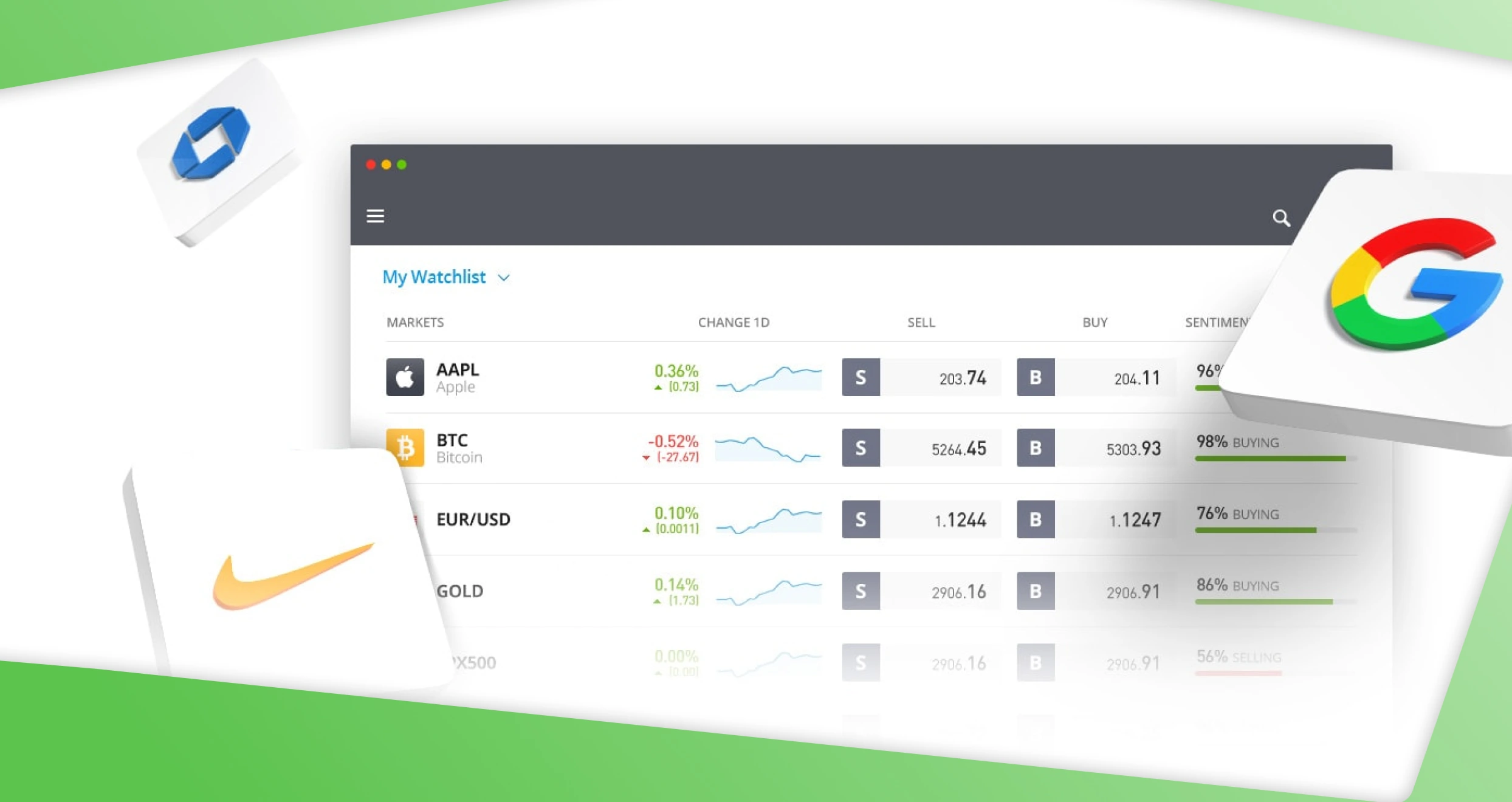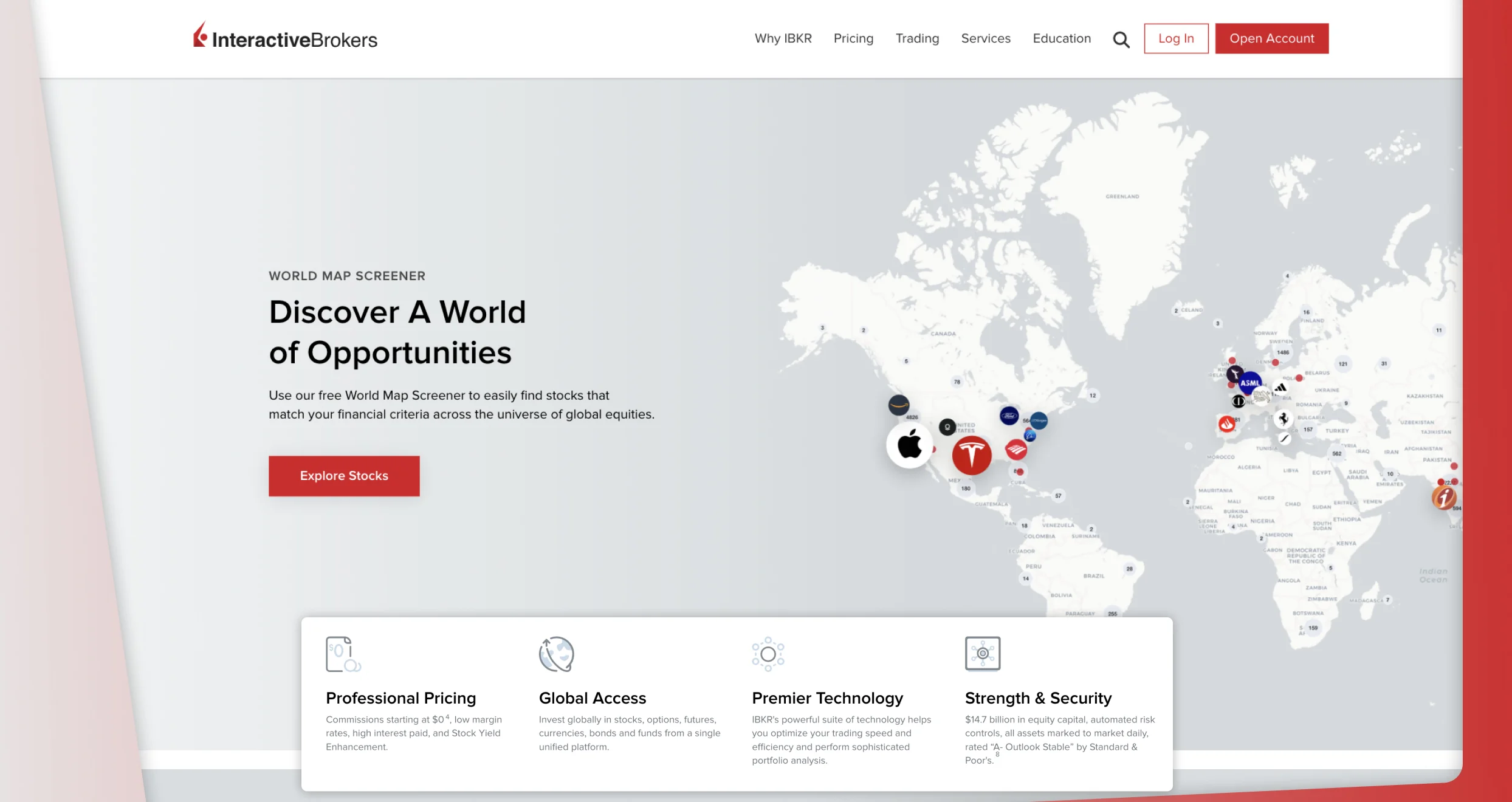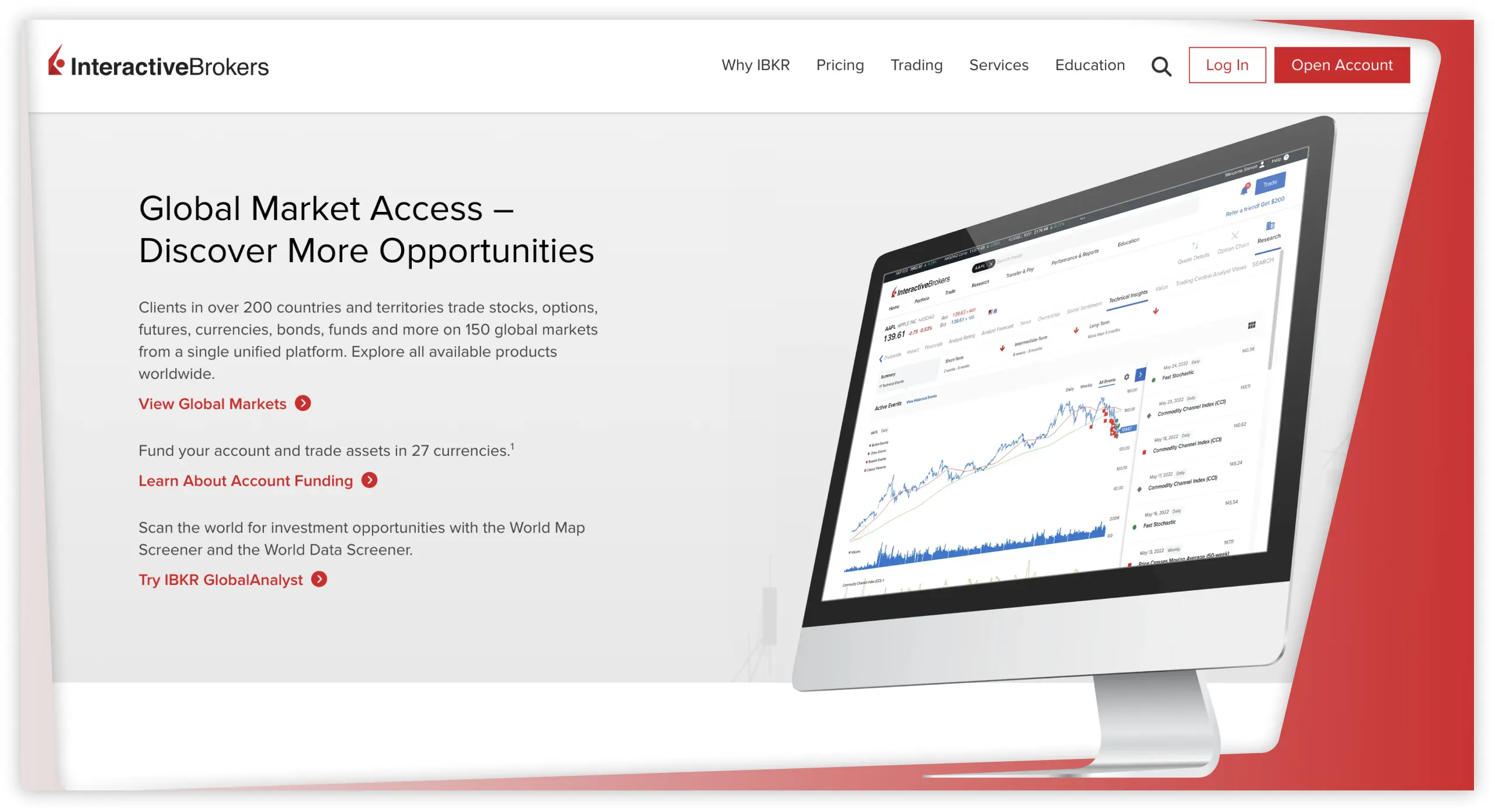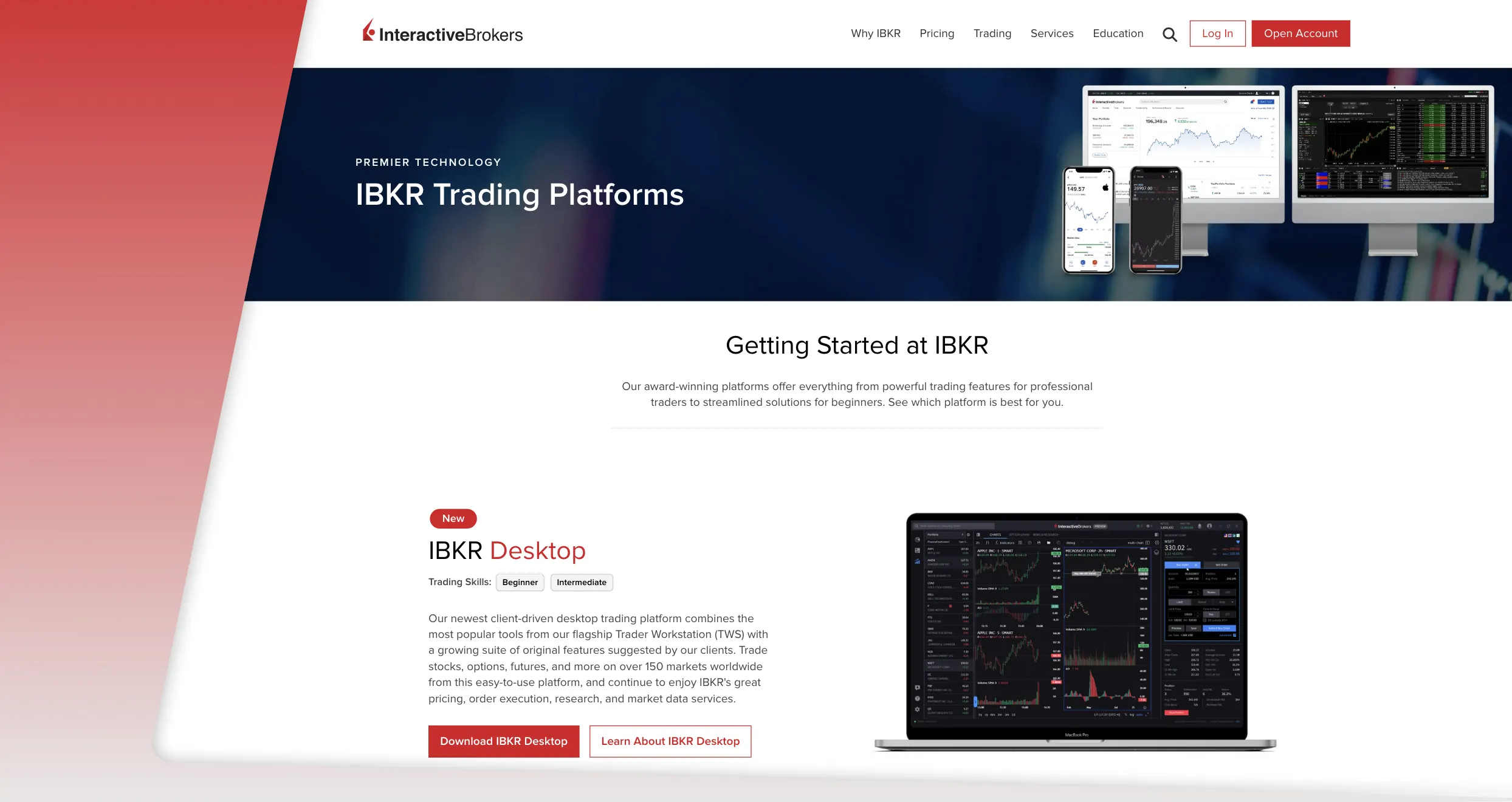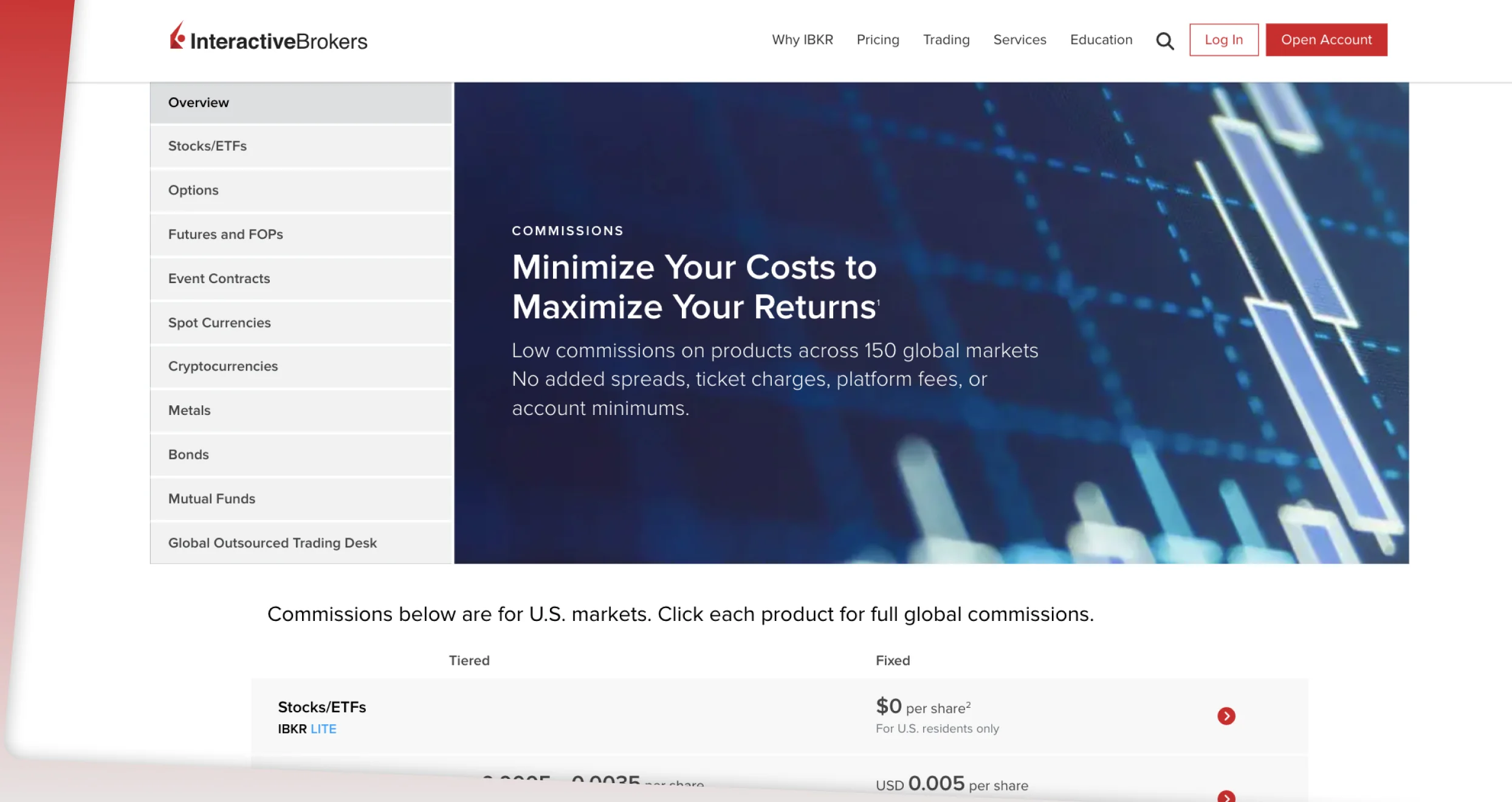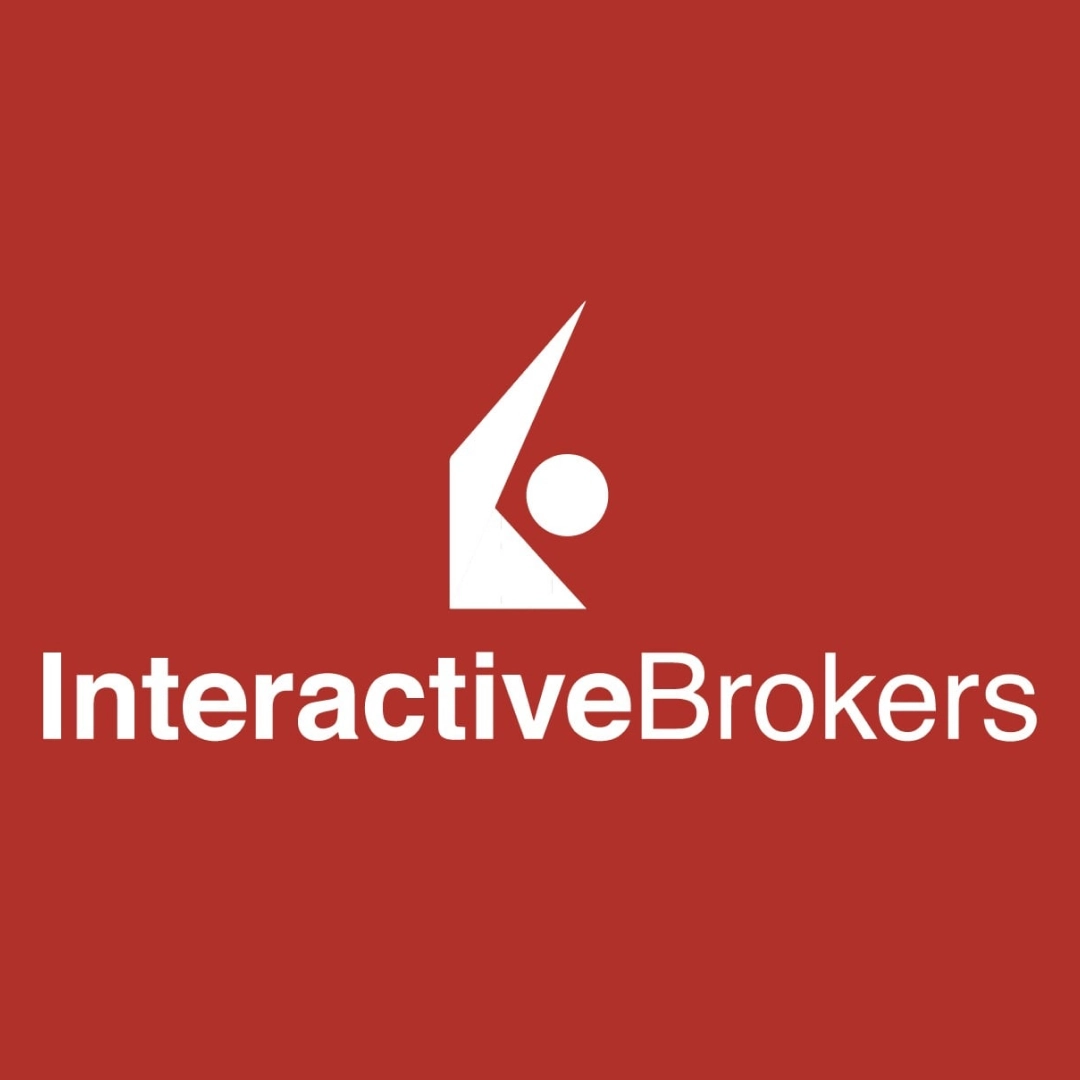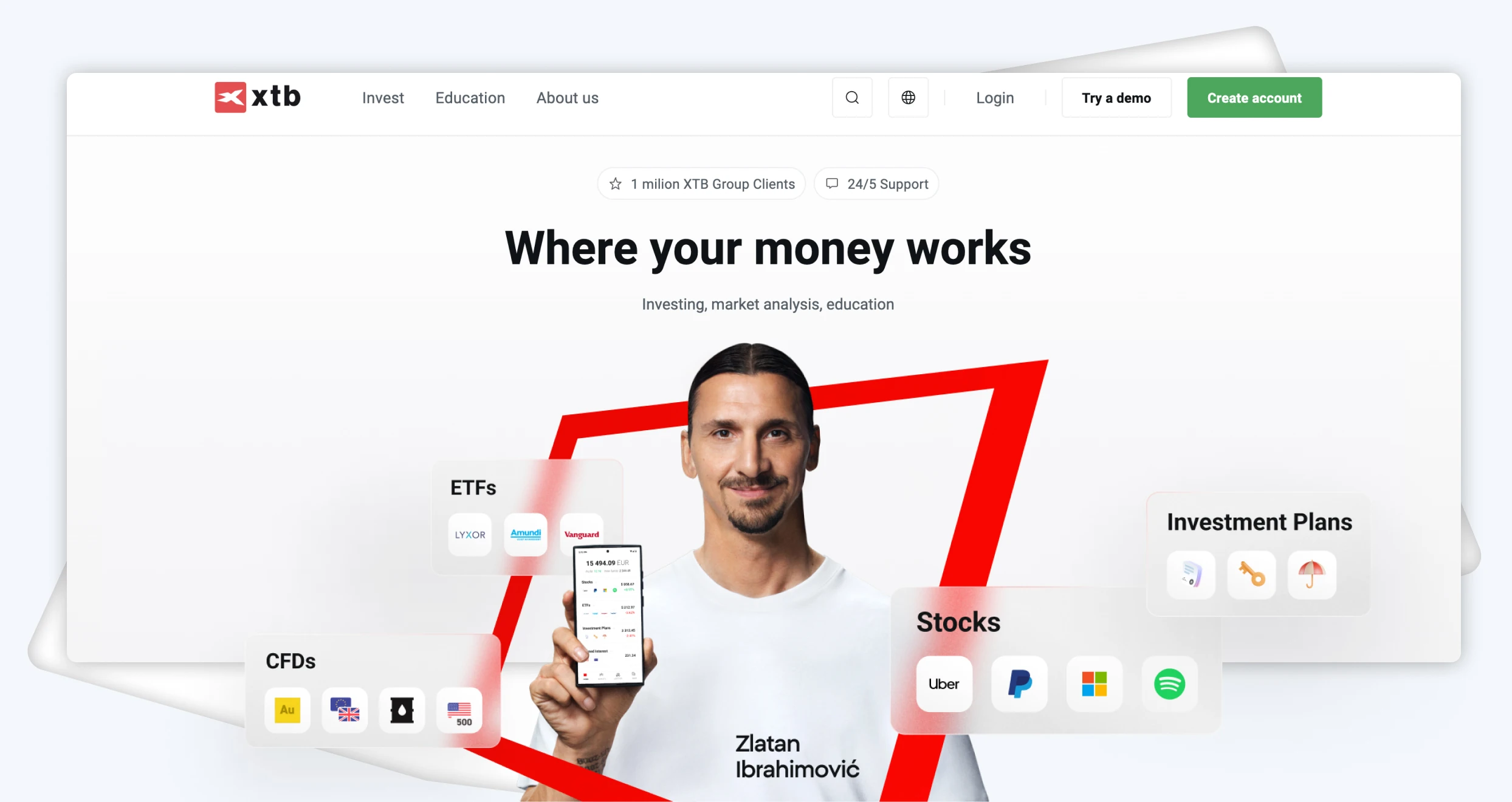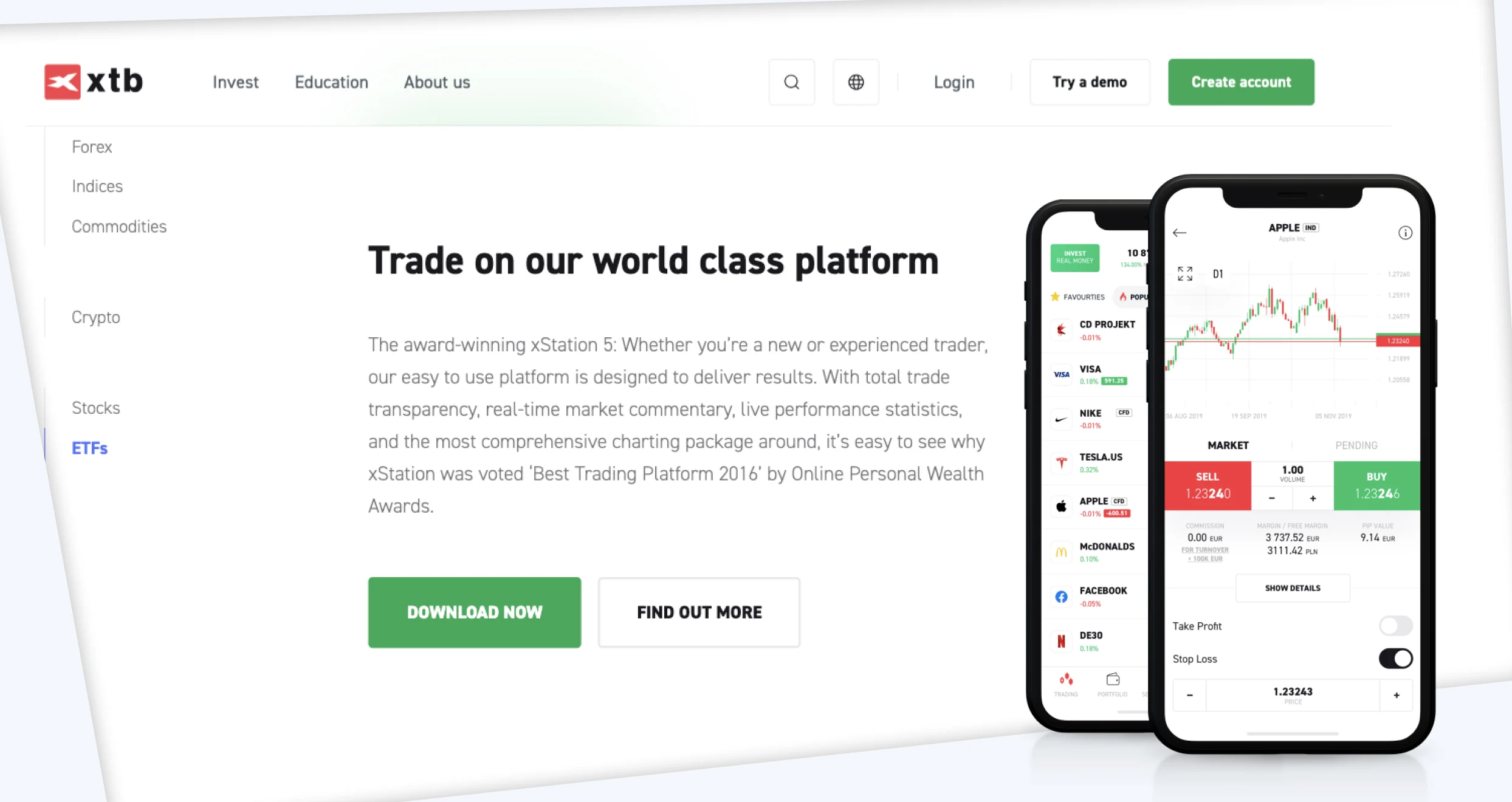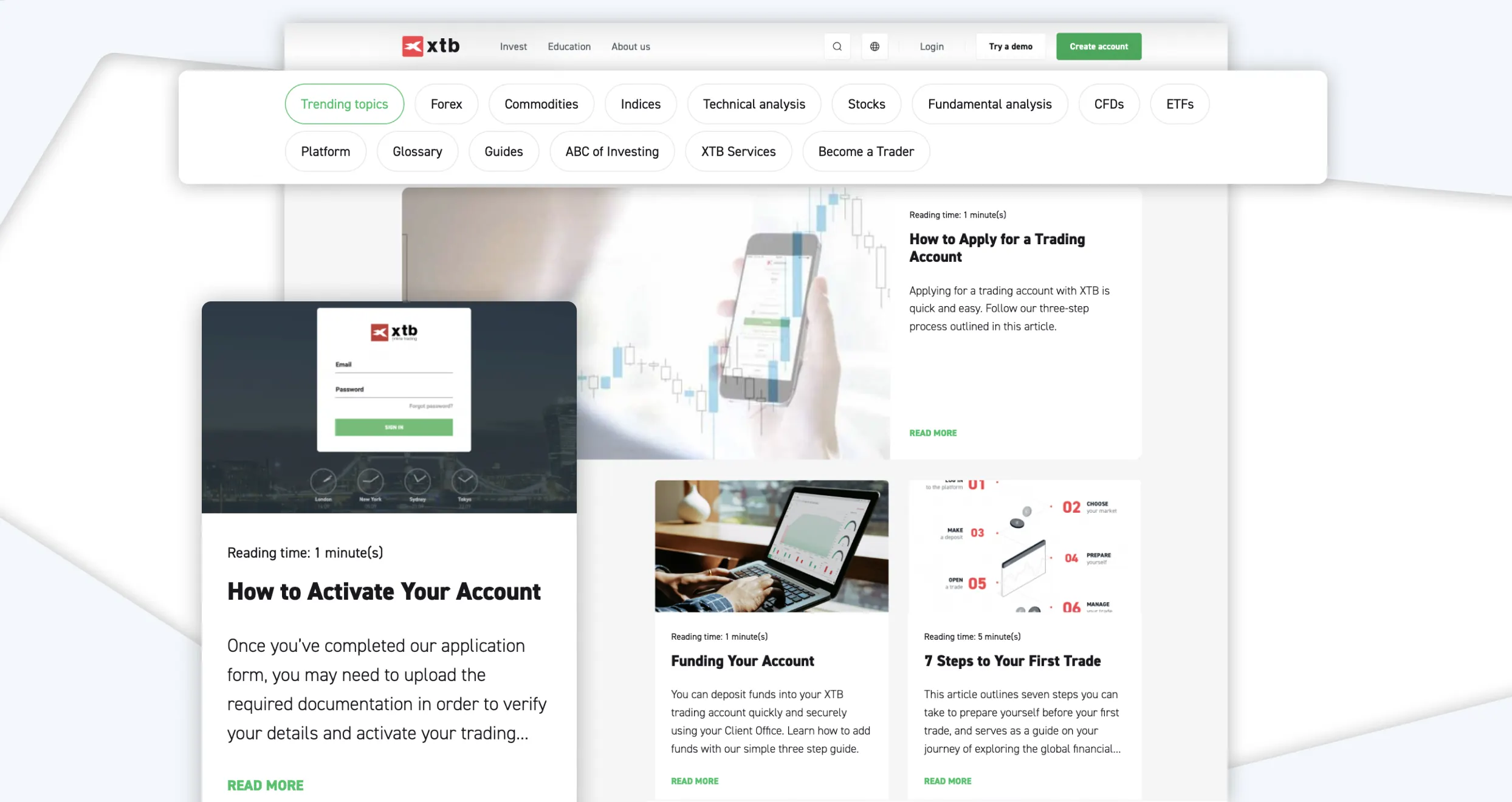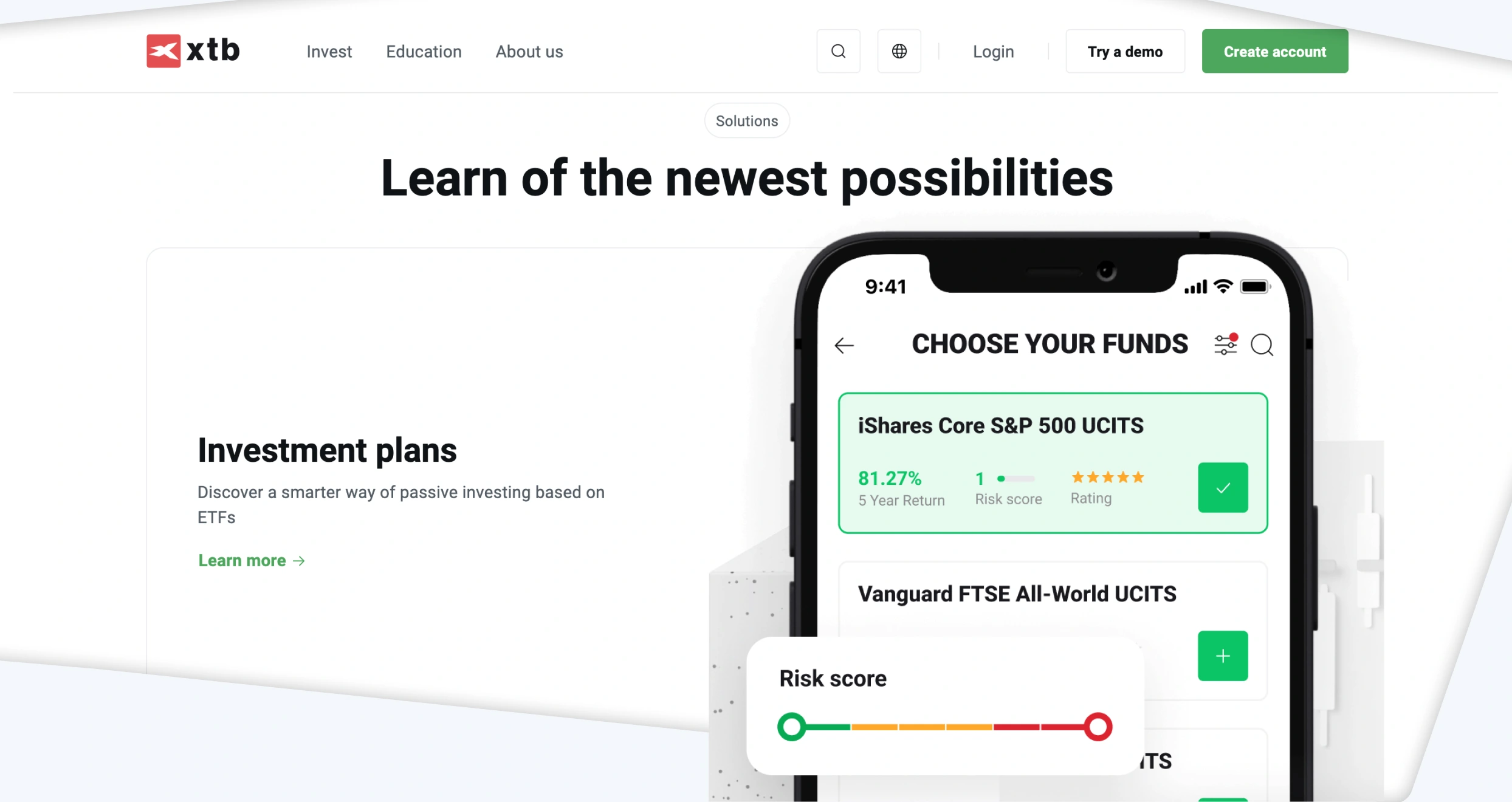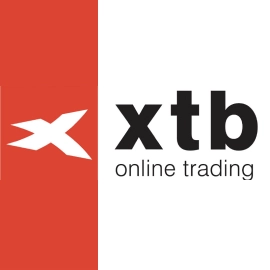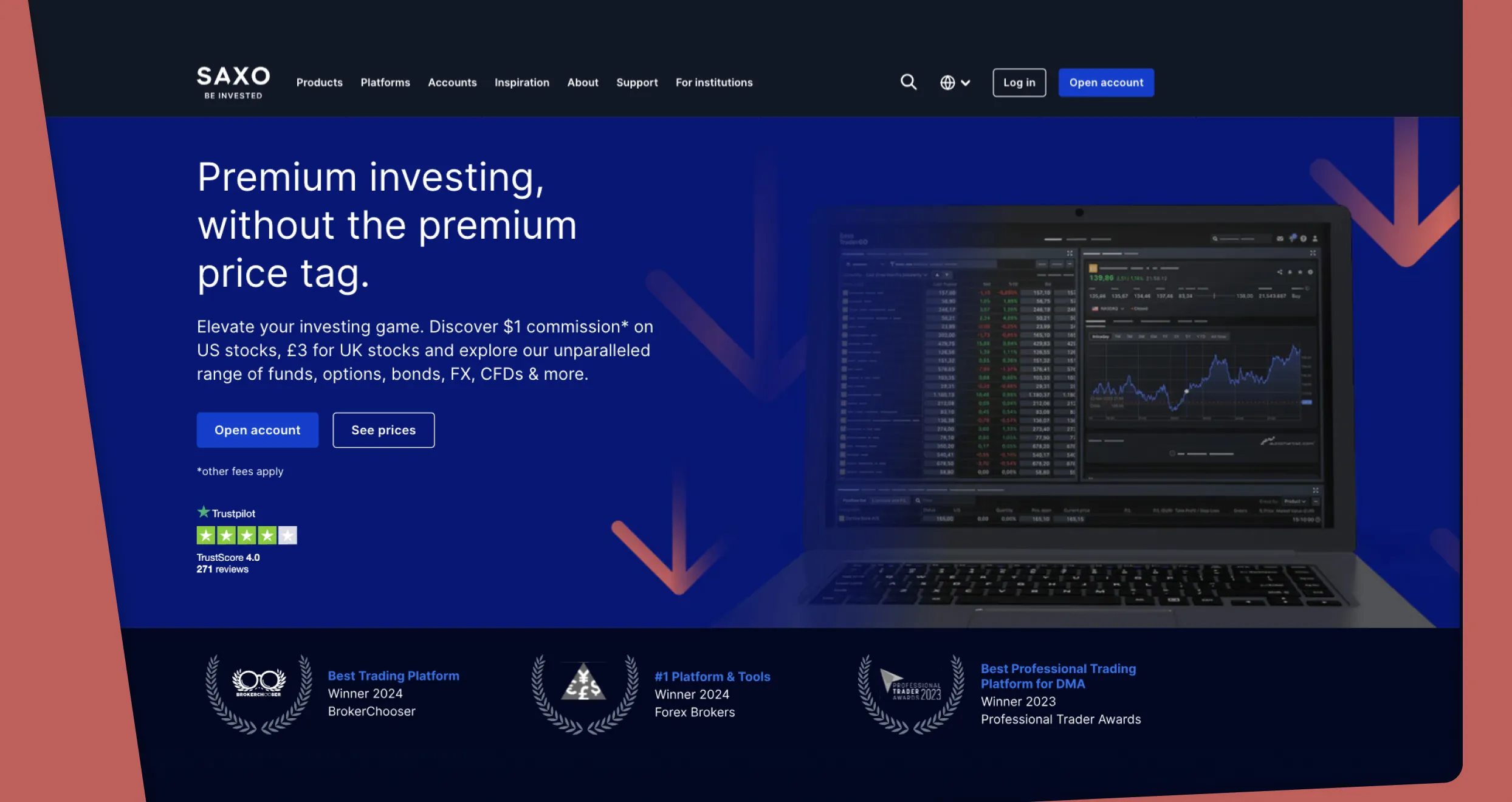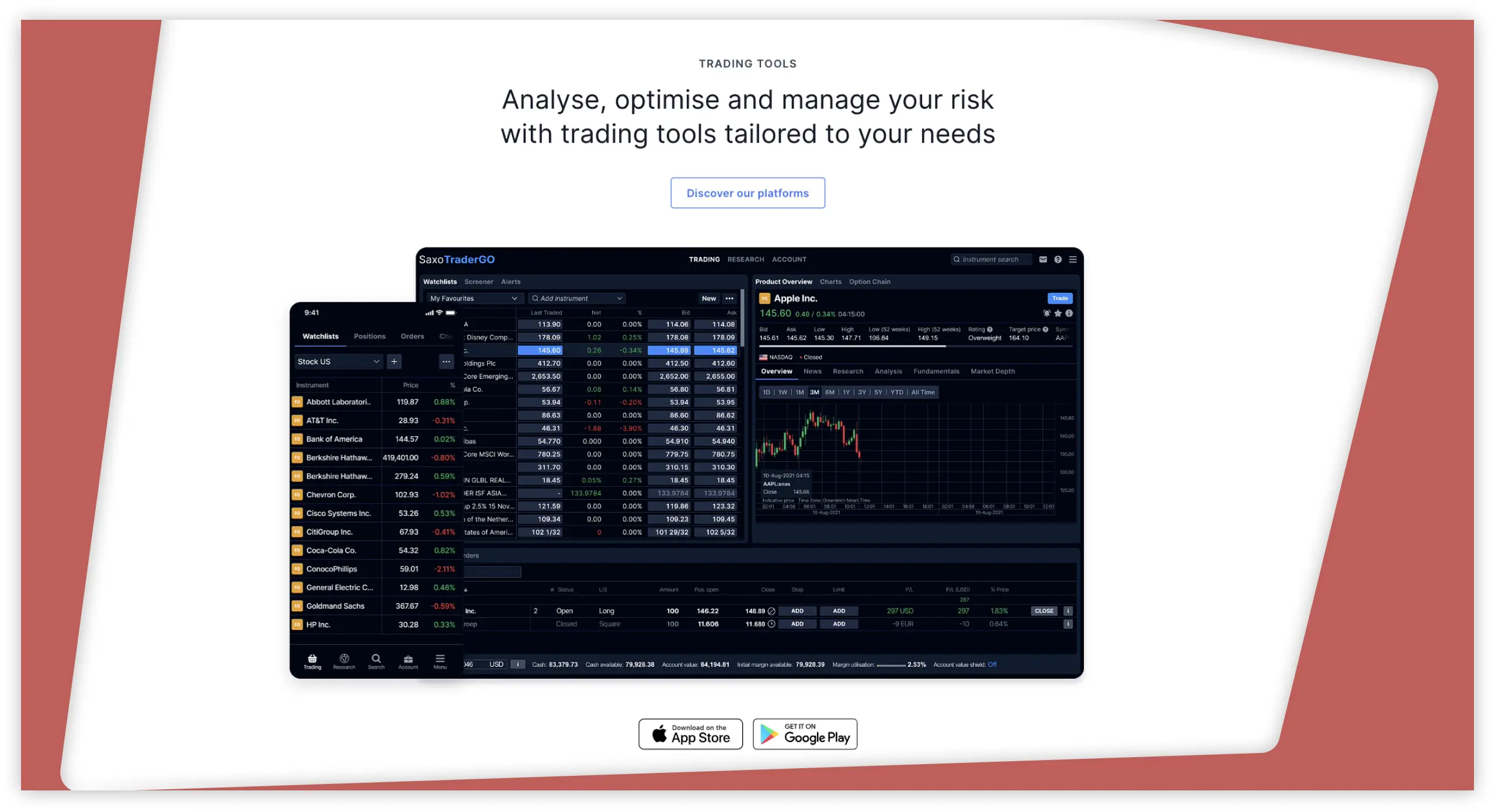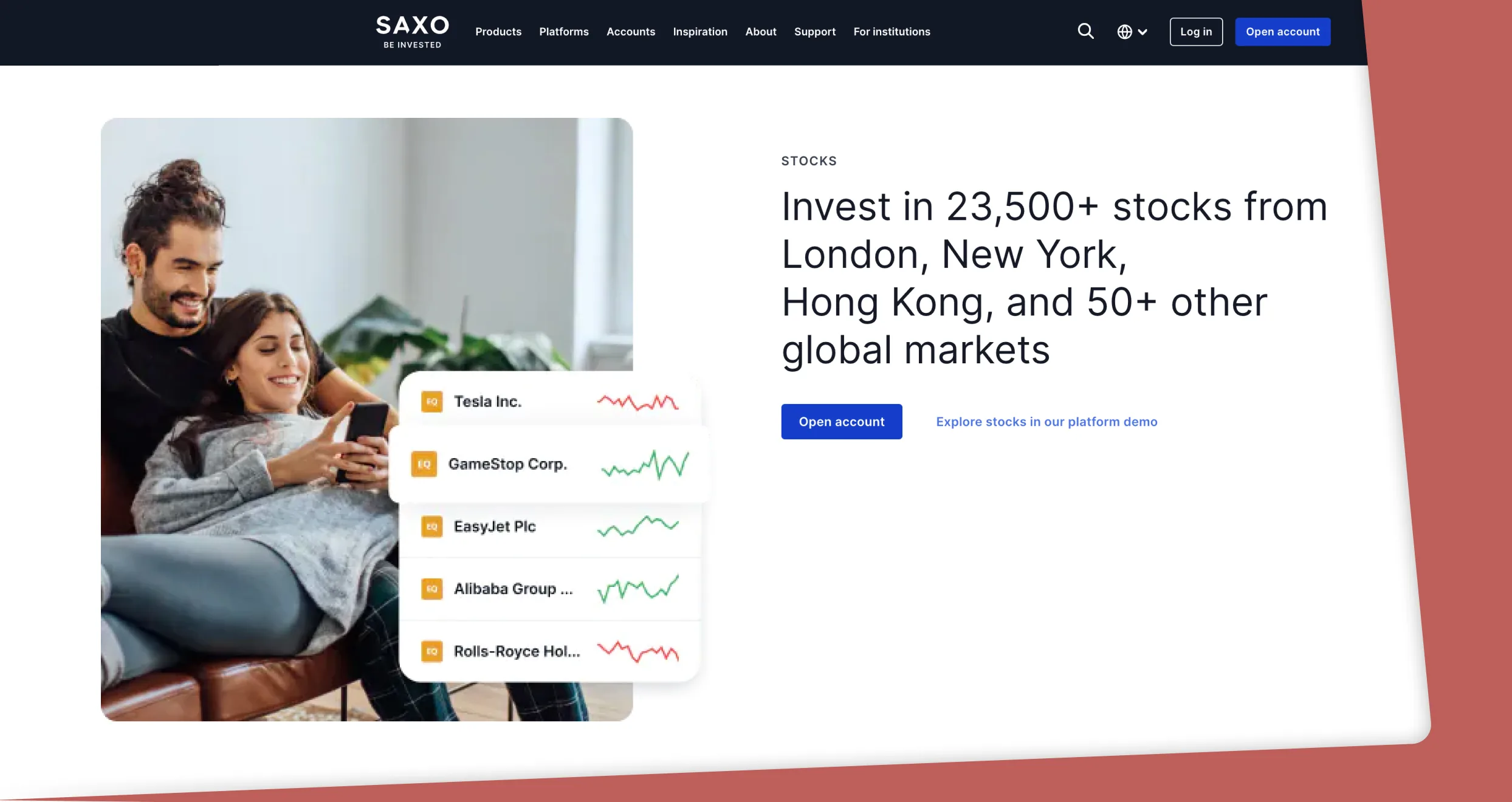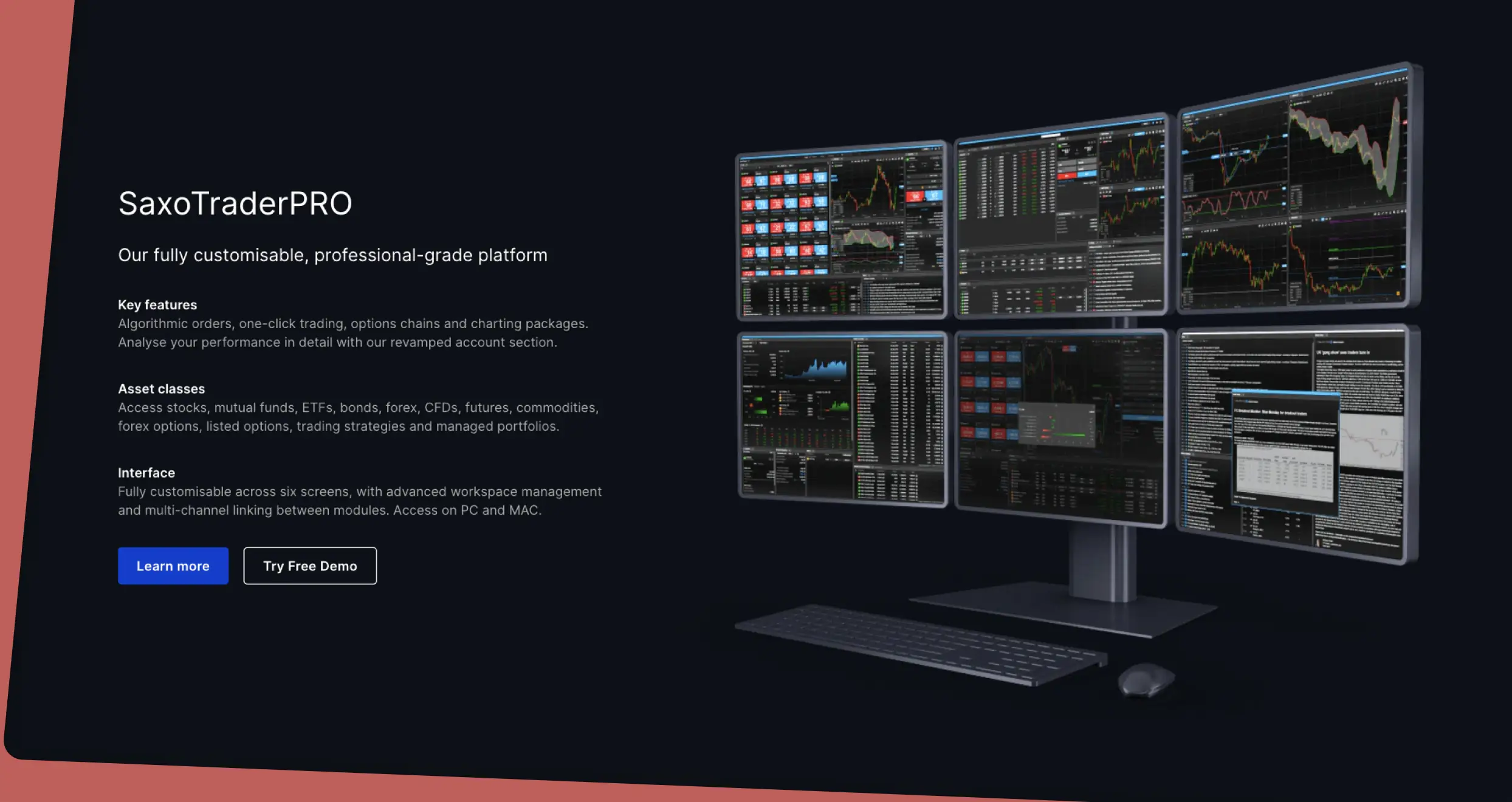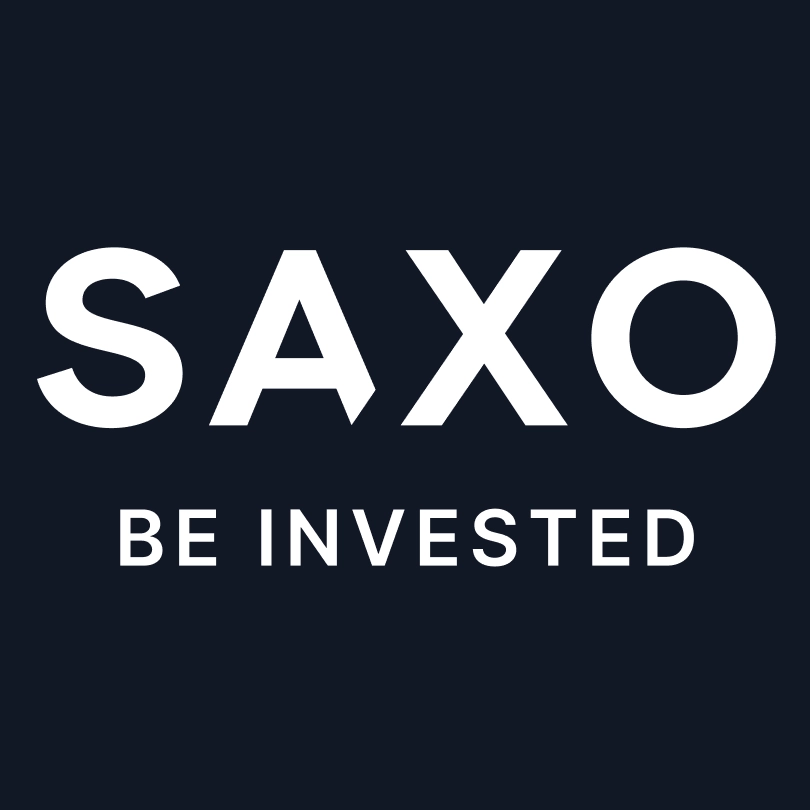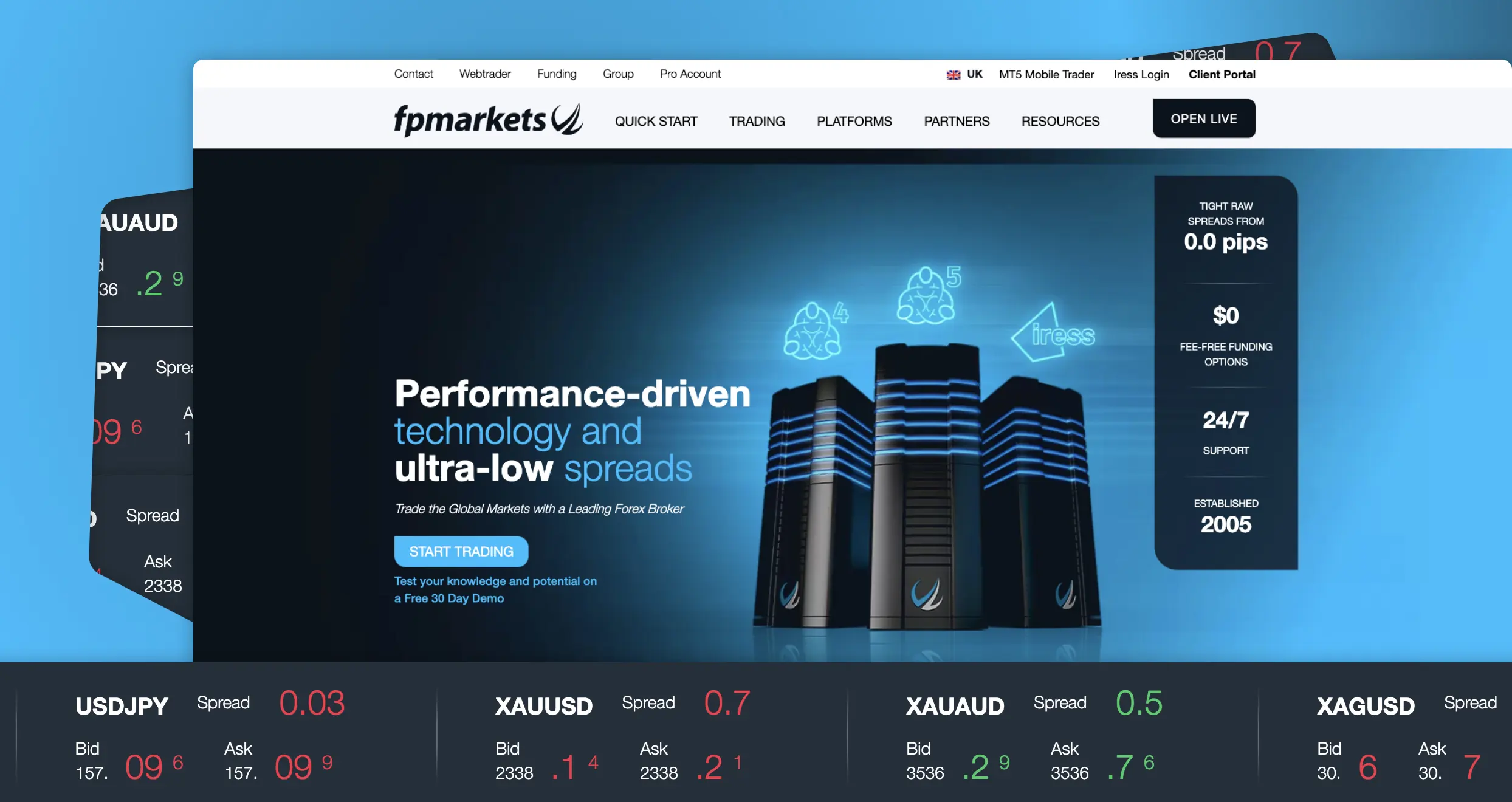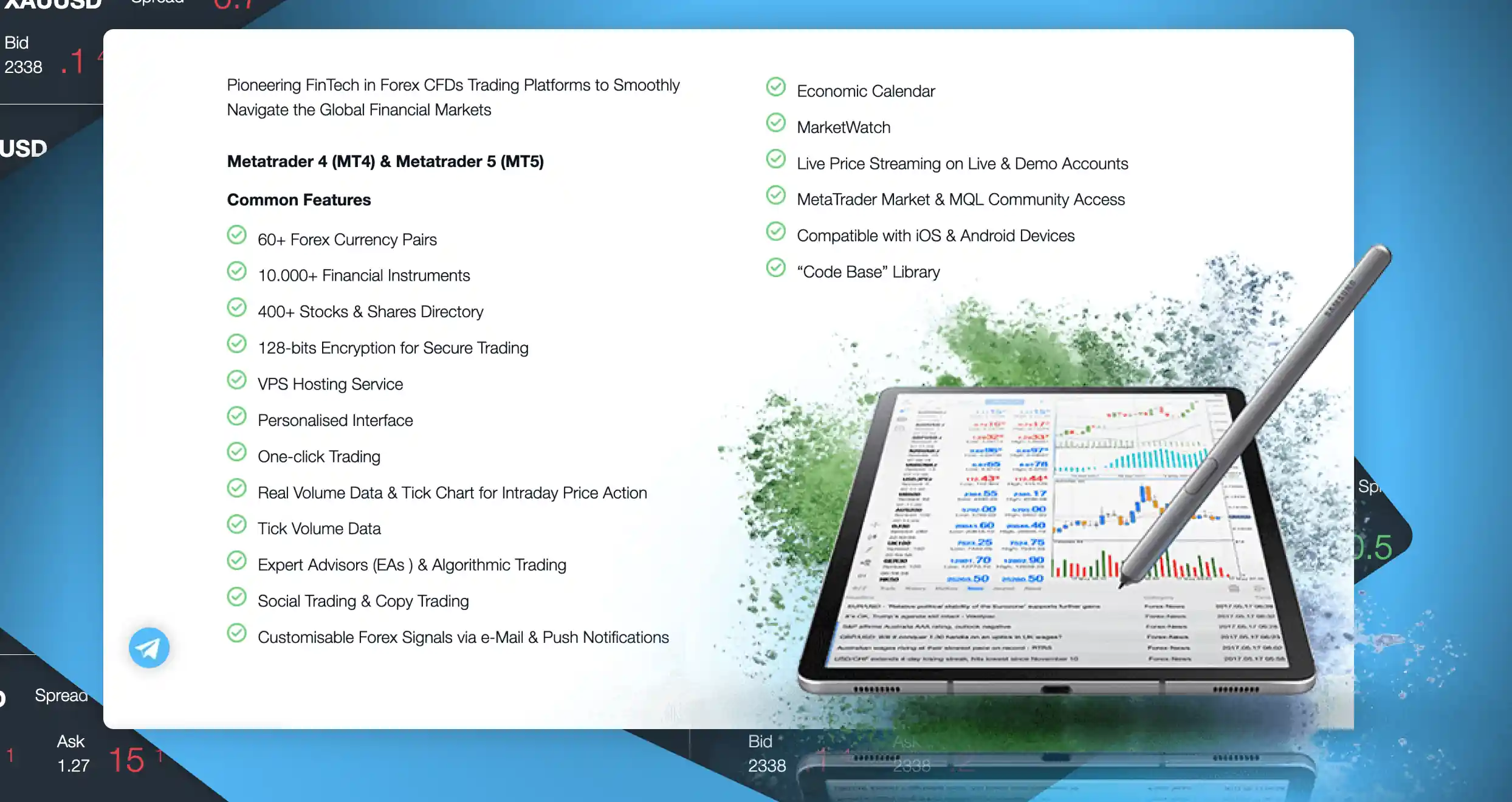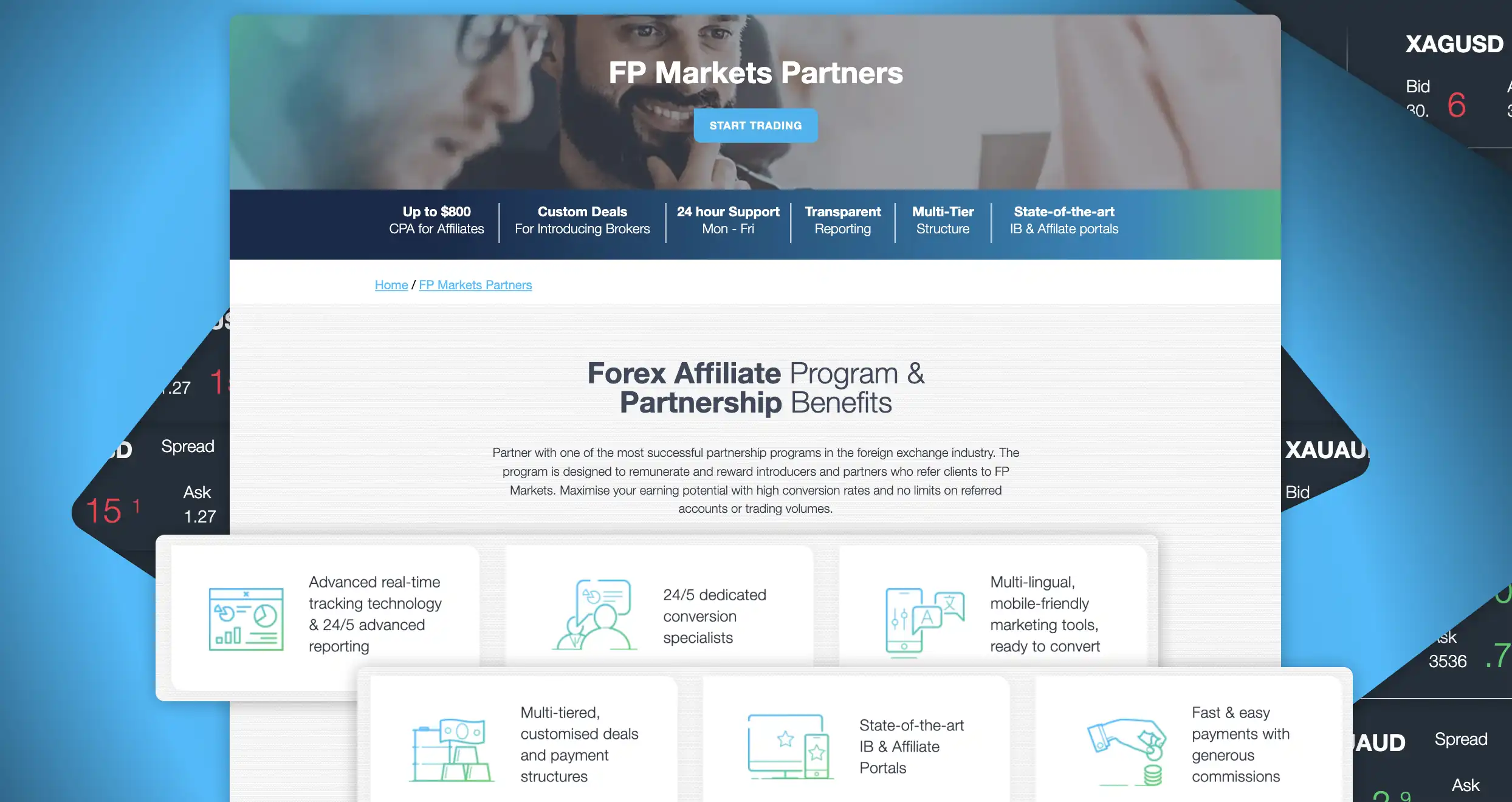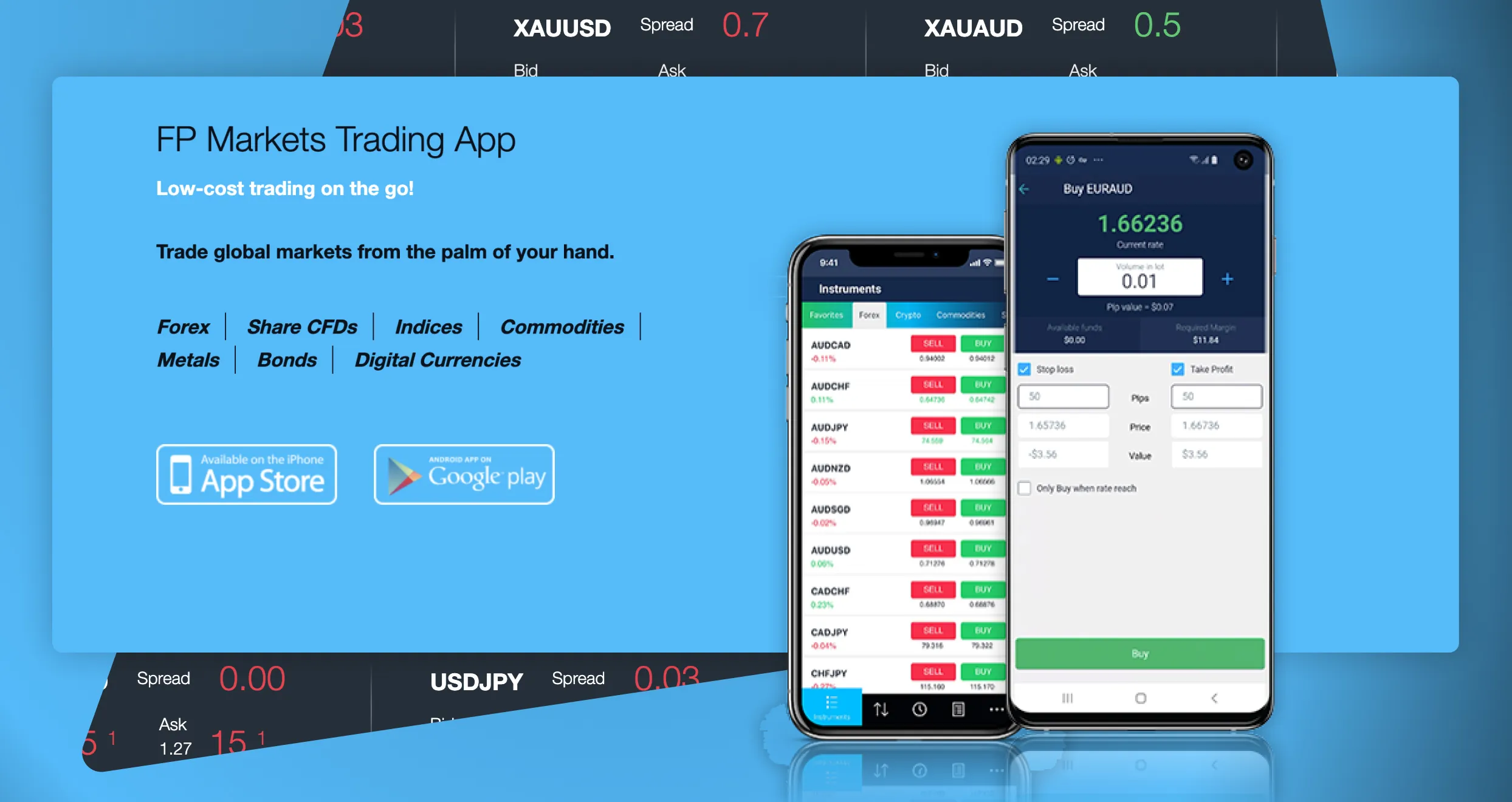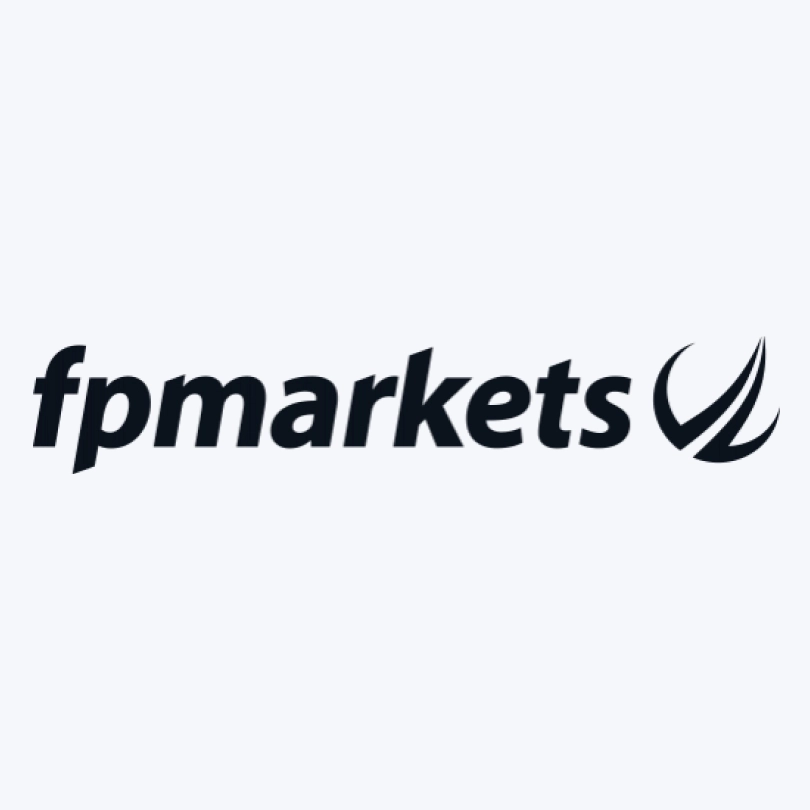Claire Maumo wears multiple hats. She is a leading crypto and blockchain analyst, a market dynamics expert, and a seasoned financial planner. Her blend provides a unique combination that she leverages to offer expert analysis of economic and market dynamics. Her pieces deliver a holistic approach to the game, building your confidence and securing your financial future. Follow her for a comprehensive approach to mastering your trading journey.
We may receive compensation from our partners for placement of their products or services, which helps to maintain our site. We may also receive compensation if you click on certain links posted on our site. While compensation arrangements may affect the order, position or placement of product information, it doesn’t influence our assessment of those products.
Exchange-traded funds (ETFs) are among the most attractive investment tools in Europe. Unlike single securities like stocks and commodities, ETFs are diversified and come with lower volatility. Venturing into a single ETF gives you an opportunity to explore a collection of securities that trade on the stock market. These can be stocks, bonds, or even commodities.
There are many ETFs for European investors and traders. Accessing and exploring them requires legitimate brokers that guarantee safety. However, there are many safe brokers with varying features in Europe. This makes it challenging for investors to make suitable choices. Worry not, though, for Invezty’s experts did all the legwork and share below the top ETF brokers in Europe.
In a Nutshell
- ETFs represent baskets of securities that trade on stock exchanges.
- Unlike mutual funds, which trade once a day after the market closes, ETF share prices fluctuate throughout the day as they are bought and sold.
- Trading/investing in ETFs comes with lower broker commissions and expense ratios compared to buying individual stocks.
- Investing in ETFs holding company stocks gives you an opportunity to earn dividends on the fund.
- Only the best ETF platform with features aligning with your requirements will maximise your chances of success when investing in ETFs. So, choose wisely.
- Before you start trading and investing in ETFs, have a solid plan and strategies for increased success potential. Ensure you factor in capital gains tax deductions to understand your potential profits.
- At Invezty, we thoroughly explore the European financial market and only recommend brokers that meet our stringent specifications.
List of the Best ETF Trading Platforms
- eToro – Offers Commission-Free ETF Investing and An Award Winning Social Trading Platform
- Interactive Brokers – Overall Best
- XTB – Beginner-Friendly With Commission-Free ETF Investment Services
- Saxo – Top Option With Excellent Resources For Professional ETF Investors
- FP Markets – Best For MetaTrader Users
Compare ETF Brokers
Coming up with this list of recommendations was not easy. We spent hours in research, testing and comparing as many ETF brokers as possible. Before incorporating any procedure, we started by confirming the regulatory status of the brokers to test. We considered those overseen by at least one rock-solid regulator. These include CySEC, FCA, BaFin, and more. They must also adhere to ESMA laws that protect investors’ interests with the European countries. Other elements we looked into include platform performance, support service, demo accounts, asset offerings, and more.
As experts, we strive to make recommendations based on what a broker offers and avoid being biased. To achieve this, we incorporate user testimonials into our research. Besides testing and comparing ETF brokers, we visit Google Play, the App Store, and Trustpilot. Then, we analyse hundreds of user ratings and comments to understand each broker’s offering from a user perspective. In the end, we combine our findings with the test results to recommend the ETF brokers listed on this page.
That being said, check our comparison table below with key broker features. It will help you make a choice aligning with your ETF investment goals.
| Best ETF Broker | License | Support Service | Software | Payment Method | Demo Account |
|---|---|---|---|---|---|
| eToro | ASIC, CySEC, FSCA, FCA, FSAS | 24/5 | eToro investing platform, Multi-asset platform, Copy Trader | Credit/debit cards, PayPal, Bank transfer, Neteller, Skrill, eToro Money, Online Banking | Yes |
| Interactive Brokers | ASIC, SEC, CFTC, FCA, CIRO, MAS, FSA | 24/5 | IBKR Desktop, IBKR Trader Workstation, IBKR Mobile, IBKR GlobalTrader, IBKR Client Portal | Bank or wire transfers | Yes |
| XTB | FSCA, ASIC, CySEC, FSA, FCA | 24/5 | xStation 5, xStation Mobile | Neteller, Credit /debit cards, Bank transfer, Skrill, PayPal | Yes |
| Saxo | FSA, FCA, MAS, SEBI | 24/5 | SaxoTraderGO, SaxoTraderPRO | Bank Wire Transfer, Debit cards | Yes |
| FP Markets | CySEC, ASIC, SEBI | 24/7 | MT4, MT5, cTrader, Iress | Credit/debit cards, Bank transfer, PayPal, Neteller, Skrill, PayTrust FasaPay | Yes |
Brokers Overview
Investing in ETFs requires a careful approach with solid strategies. One way to maximise your potential in this venture is using a brokerage firm you can afford. It is also crucial to confirm the listed ETFs and additional securities available. This is so you can analyse the markets and strategise before investing your money.
Unfortunately, comparing hundreds of ETF brokers’ fees and asset offerings can be overwhelming to most traders. Therefore, we did everything necessary and share the two tables below highlighting the key assets and fee structures of our best ETF brokers in Europe.
Fees
| Best ETF Broker | Minimum Deposit Requirement | Commission/Spreads | Deposits/Withdrawals | Inactivity Fee |
|---|---|---|---|---|
| eToro | €50 | From 0.15% on ETF CFDs | €5 withdrawals | €10 monthly |
| Interactive Brokers | €0 | From $0.0005 to $0.0035 per share on US ETFs | Free | None |
| XTB | €0 | From 0% | Free | €10 monthly |
| Saxo | €0 | €0 | Free | €0 |
| FP Markets | €100 | From 0.0 pips | Free | None |
Assets
| Best ETF Broker | Stocks | Forex | Cryptocurrencies | Commodities | Indices | ETFs | Options |
|---|---|---|---|---|---|---|---|
| eToro | Yes | Yes | Yes | Yes | Yes | Yes | No |
| IBKR | Yes | Yes | Yes | Yes | Yes | Yes | Yes |
| XTB | Yes | Yes | Yes | Yes | Yes | Yes | No |
| Saxo | Yes | Yes | Yes | Yes | Yes | Yes | Yes |
| FP Markets | Yes | Yes | Yes | Yes | Yes | Yes | No |
Our Opinion about the Best ETF Brokers
Now that you know our top ETF brokers in Europe, let’s get familiar with their features and services. As mentioned earlier, we personally tested these brokers via their demo and live trading accounts. Therefore, we believe our mini-reviews will guide you in making the best choice for your ETF investment needs.
1. eToro – Offers Commission-Free ETF Investing and An Award Winning Social Trading Platform
After conducting multiple tests and comparisons, we found eToro to be the best ETF broker for social trading. This user-friendly broker is regulated by multiple authorities within Europe, including the FCA, CySEC, BaFin, and more. We traded over 704 ETFs, which we find to be adequate enough for all types of traders. And the best part is that ETF trading is commission-free and you get to incur low spreads starting from 0.15%.
eToro’s social trading is offered on its award-winning CopyTrader platform. Accessible free of charge, it allows ETF traders to interact with each other on a chat group. The goal is to learn various trading tips from the experts. Besides ETFs, this top broker lists an additional 6,000+ securities, including stocks, indices, currencies, and commodities, for portfolio diversification. You can get started with as little as €50, which comes with no deposit fees.
Pros
- Lists over 704 ETFs across different classes
- Low minimum deposit requirement for European clients
- Offers a user-friendly and modern design platform for desktop and mobile devices
- One of the best social trading platforms that is backed up with a copy trading feature
Cons
- Withdrawal fees apply
- Doesn’t offer access to third-party platforms like the MT4/5
eToro doesn’t charge any account registration or deposit fees. We signed up and funded our account without incurring any costs. Of course, we had to adhere to eToro’s minimum deposit requirements, which vary depending on geographical location. For instance, the minimum amount you can deposit in your eToro account is $100 in the US or the UK. On the other hand, people in countries like Germany and Greece can deposit as little as $50. Visit eToro’s minimum deposit page to find out more.
That said, we encountered several eToro fees and expenses during our exploration, including:
- A $5 fixed withdrawal fee: According to eToro, this fee is indispensable in covering international money transfer costs.
- Currency conversion fees: All eToro accounts are USD-centered. If you fund your account or withdraw money using any other currency, expect to pay conversion fees. The charges vary depending on PIPs and payment methods. Luckily, traders can join the eToro club and enjoy significant discounts.
- A $10 monthly inactivity fee: If you fail to log into your account for 12 or more months, you will incur a monthly $10 fee.
- Crypto fees: eToro requires crypto investors to pay a 1% buy/sell fee. As an investor, you must also cover market spreads, which vary depending on market conditions. Transferring crypto to your eToro Money digital wallet also attracts a 2% fee. The crypto asset transfer fees are capped at 1$ minimum and a $100 maximum.
- CFD spreads: Like many other brokers, eToro has CFD spreads that vary depending on assets and instruments.
2. Interactive Brokers – Overall Best
Based on our findings, Interactive Brokers (IBKR) can accommodate any trader, whether a newbie or a professional. For instance, we like the fact that it is highly reputable and regulated by multiple authorities. Also, its multiple platforms make it easier for traders to explore the ETF markets using options they are comfortable with. We discovered the IBKR Desktop, IBKR GlobalTrader, IBKR Mobile, and Trader Workstation platforms. You simply have to choose an option that aligns with your skill level.
Getting started at the IBKR platform is easy. The broker has no minimum deposit requirement, allowing users to start ETF trading with any amount they can afford. We traded over 15,000 ETFs across 90+ market centers. US ETFs attract low commissions from USD 0.0005 to USD 0.0035 per share with IB SmartRouting. For Western Europe ETFs, you will incur a €3 per trade commission with no added spreads and 0.05% of trade value for larger trades (those over €6000). On top of that, this broker hosts additional securities like shares, forex, commodities, and more for portfolio diversification.
Pros
- No minimum deposit requirement
- No deposit and withdrawal fees
- A user-friendly and modern design trading app
- List vast array of ETFs and additional asset classes for portfolio diversification
Cons
- Many new traders find its desktop platform challenging to navigate due to numerous advanced resources
- Its support service response rate can be improved
We find IBKR to be one of the most affordable brokers in the financial landscape. For starters, the broker has no minimum deposit requirement. This makes it easier for traders to start trading or investing with any amount they can afford.
Additionally, trading US-listed stocks and ETFs is commission-free on its IBKR Lite account. Other trading assets also attract low commissions, thus making the broker an option for low-budget traders. For accounts with a net asset value of at least $100,000, IBKR allows you to earn interest of up to 4.83% on cash balances.
When it comes to Interactive Brokers margin rates, they are among the lowest. We compared it to others and discovered that its lowest tier has a rate of 6.83% at IBKR PRO and 7.83% at IBKR Lite. Transactions with this broker are also free. Moreover, you will not incur any inactivity fee should your account remain dormant. However, it is essential to stay active if you want to quickly become an independent and successful investor.
3. XTB – Beginner-Friendly With Commission-Free ETF Investment Services
Beginners looking to venture into ETFs should consider XTB. Its user-friendly platform and seamless trade execution on its desktop and mobile devices make it stand out. From our experience, the broker has one of the most reliable support services, which we believe every new trader needs to maneuver the financial markets. Plus, you will enjoy quality learning resources for your skill development on the xStation 5 and xStation Mobile platforms.
We invested in more than 500 ETFs at XTB, commission-free. Beginners who buy these assets will benefit from the dividend payments from the ETFs they invest in. We also like the fact that XTB offers its European users an opportunity to earn up to 1.75% interest on EUR on their uninvested funds. Plus, the availability of an additional 6,000+ securities like shares, forex, commodities, and more makes portfolio diversification easy for newbies. XTB has no minimum deposit requirement, and all transactions are free.
Pros
- A user-friendly and customisable ETF trading platform
- No minimum deposit requirement for European clients
- Quality learning and market analysis tools on its xStation 5 and xStation Mobile platforms.
- Commission-free ETF investing
Cons
- No third-party platforms
- A monthly €10 inactivity fee applies should your account remain dormant for over 12 months
If you plan to open an XTB account and fund it, here’s some good news: XTB doesn’t charge any deposit fees. Moreover, you can use payment methods like bank transfers, PayPal, Skrill, and credit/debit cards. Furthermore, you can start trading with any amount within your budget since no XTB minimum deposit requirements exist. But note that if you fund your account with a digital wallet like Skrill or Neteller, you may incur some charges.
That said, there are several fees you may encounter while using the XTB online trading platform. Let’s begin with currency conversion charges. If you trade any instrument valued in a currency different from your account’s base currency, you will incur a 0.5% conversion fee. But that’s during weekdays. On weekends, the commission can go as high as 0.8%.
Regarding withdrawals, XTB charges nothing for basic transactions above $50. But those below $50 can attract an additional commission. Additionally, if your account stays dormant for over 12 months and you don’t make any cash deposits for the last 90 days, XTB will levy a $10 monthly inactivity fee. The fee will stop taking effect automatically when you start trading again.
Also, while trading on margin, you may have to pay overnight financing charges. These charges cover the costs of rolling your position to the next day. The exact fee you’ll pay at any given moment will depend on the market you are trading.
4. Saxo – Top Option With Excellent Resources For Professional ETF Investors
Professional ETF investors will be spoilt for choice at Saxo. After multiple comparisons and tests, we found that the broker hosts quality and advanced resources suitable for expert traders. We invested in more than 7,400 ETFs in the tech, healthcare, environment, and other major sectors. The best part is that Saxo has no minimum deposit requirement, and you can buy ETFs with as little as €1. When it comes to mobile trading, the SaxoTraderGO app delivers seamless execution, making it easier for users to capitalise on arising opportunities.
Besides ETFs, Saxo lists additional securities such as forex, shares, mutual funds, commodities, and more for portfolio diversification. Its SaxoInvestor and SaxoTraderPRO platforms host quality advanced resources for maximum experience. These include algorithmic orders, an extensive charting package, stop orders, low-margin rates, and more. You can open a Saxo professional account if you meet the available requirements and enjoy these features and more.
Pros
- Lists thousands of ETFs to invest in
- Low minimum deposit requirement
- Hosts quality market analysis and educational resources for professional clients
- A reliable support service via phone, email, and live chat
Cons
- No third-party platforms like the MT4/5
- High custody fees
We love Saxo because not only is this broker popular, but it also prioritizes transparency. The official trading site outlines every fee or cost you might incur while trading with it. Here’s a summary.
Saxo charges commissions on some assets. Investing in mutual funds is commission-free. However, financial instruments like stocks, futures, and ETFs attract commissions starting from $1. Others, like listed options and bonds, have commissions starting from $0.75 and $0.05%, respectively.
If you trade an asset in a currency different from your account’s base denomination, Saxo will charge you currency conversion fees. The good news is this fee doesn’t apply to marginal collateral and can never exceed +/- 0.25%.
Saxo also charges financing rates on margin products. Suppose you get funding from this broker and use it to open a position in a margin product and hold it overnight. Saxo will levy financing charges, which will factor in commercial product markup or markdown and this broker’s bid or offer financing rates.
As an investor, you may also incur annual custody fees if your account holds stock, bond, or ETF/ETC positions. The exact will vary depending on your account. Classic, Platinum, and VIP accounts attract up to 0.15%, 0.12%, and 0.09%, respectively.
If you open a Classic Saxo account, expect to pay $50 whenever you request online reports to be emailed to you. On the other hand, as a Classic or Platinum account holder, you can pay $200 and add an instrument to your platform.
But here’s some good news: online deposits and withdrawals are free on the Saxo trading platform. Furthermore, this broker charges zero inactivity fees and has no minimum deposit requirement.
5. FP Markets – Best For MetaTrader Users
FP Markets is one of the ETF brokers that impressed us with its features. After testing it, we conclude that it is user-friendly and suitable for both newbies and expert traders. However, we primarily recommend it to MetaTrader users because of the numerous advanced resources on these platforms. These include customisable charts, Expert Advisors, 60+ pre-installed indicators, copy trading, and more. The broker has a low minimum deposit requirement of €100 for European clients.
We explored more than 290 ETFs at FP Markets. Plus, we like its additional asset offerings like stocks, commodities, indices, and more. This ensures you stick around long-term as you try new markets you find interest in. On top of that, FP Markets hosts cTrader and TradingView platforms with additional resources for market analysis and skill development. The MetaTrader platforms charge zero commissions on their standard accounts with low spreads starting from 0.0 pips.
Pros
- Low minimum deposit requirement for European clients
- A user-friendly and intuitive design platform for both desktop and mobile devices
- Plenty of learning and market analysis tools
- Features social and copy trading on the MetaTrader platforms
Cons
- No buying and taking ownership of the listed ETFs
- Limited number of ETFs compared to its peers
The outstanding perks of using FP Markets include free deposits or withdrawals. This broker goes above and beyond by covering all internal bank fees arising from international transfers. Moreover, you can start your journey with a free demo account before switching to a live account. Keep in mind that FP Markets’ minimum deposit requirement is $100.
The other commendable thing is this broker has reduced non-trading costs and charges. Take inactivity fees as an example. Unlike many of its peers, FP Markets doesn’t penalize dormant accounts. So, you can stay logged out of your account for as long as you like without fretting over accumulating fees.
That said, we encountered numerous other FP Markets fees and costs. Although you can open a Standard account, which comes with 0 commissions, you’ll still face variable spreads, starting from 1.0 pips. On the other hand, IRESS, FP Markets’ sophisticated premium platform, has commissions that vary depending on geographical location. IressTrader/ViewPoint also has a mandated $60 fee. Luckily, there are free alternatives like MT4 and MT5, which have no platform fees.
ETF Trading in Europe
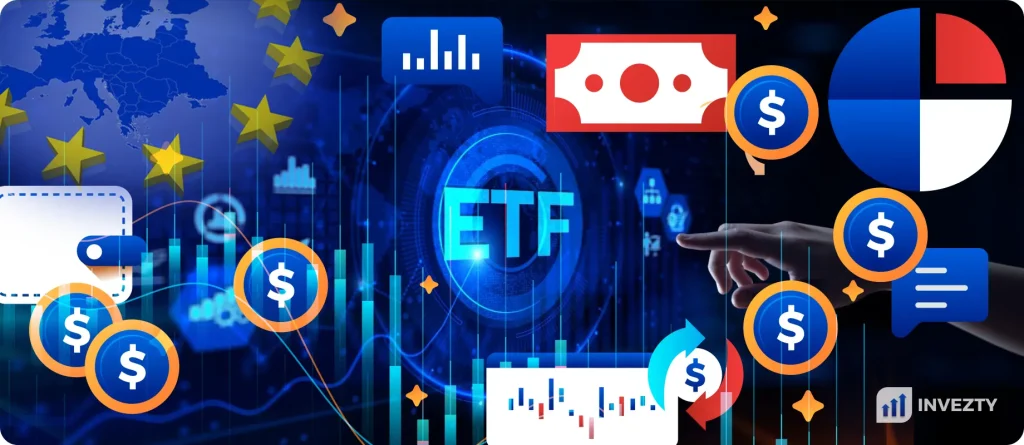
ETF trading is one of the most embraced activities in the European financial markets. By offering users opportunities to buy and sell multiple securities in a single basket, ETFs have become a go-to option for portfolio diversification and hedging. You can invest in a basket of stocks, commodities, bonds, and even currencies.
You need a credible broker to securely trade and invest in ETFs. This means the broker must be licensed and regulated by one of the most reputable financial authorities within Europe. These could be the FCA, CySEC, BaFin, and more. Such brokers not only guarantee your funds’ safety. You will also avoid falling victim to scammers looking to take off with innocent traders’ hard-earned money.
Like any other global market, the European market is affected by various factors. Therefore, ensure you thoroughly analyse and track the price of the ETF you plan to invest in for solid strategies. Plus, have a budget and consider potential capital gains tax in case you earn profits.
How Does ETF Trading Work?

ETFs are passive investment products whose prices aim to track baskets of assets under the ETF. With these instruments, traders do not have to physically acquire investment products. They are popular financial instruments that pull together capital from traders into a basket of various investments. These include stocks, bonds, commodities, and more.
ETF trading works just like stock trading. As an underlying asset owner, you will create a fund to track the performance of the underlying asset. The goal is to sell the fund in the future to other investors participating in the fund. For instance, if you have invested in stock ETFs. In this case, you will become a shareholder or own a percentage of the ETFs and not the underlying assets in the fund. The number of shares in an ETF can change due to the everchanging creation of new shares and the redemption of existing shares.
Overall, you need the best ETF broker, like the ones we recommend above, to trade ETFs in Europe. They are usually offered at lower commissions than individual securities and come with lower liquidity.
How to Choose the Right ETF Trading Platform
ETFs offer lower liquidity than single securities like stocks. However, venturing into them doesn’t guarantee profits. You still need to conduct an extensive market analysis on your preferred ETF for the best entry and exit points. Most importantly, trade with a reputable brokerage firm with features aligning with your requirements. You should consider the below elements to identify the best ETF trading platform in Europe.
Start by confirming the safety measures an ETF broker employs. Since there are many brokers in Europe, prioritise those that adhere to the European Securities and Markets Authority (ESMA) rules. ESMA is an agency of the European Union that focuses on strengthening supervision and protecting retail investors, thus fostering effective markets and financial stability.
Additionally, choose ETF brokers regulated by tier-one authorities within the European countries. These could be the Cyprus Securities and Exchange Commission (CySEC), Federal Financial Supervisory Authority (BaFin), and more. In Europe, If a broker is regulated in one European country, that licence to operate can be extended to all other countries. This, of course, is as long as the regulator of that country allows it.
Check the ETF broker’s platform and ensure its performance is user-friendly. Fast trade execution speed is also paramount, as this will ensure you never miss out on potentially profitable opportunities. Most importantly, the broker you select should be mobile-friendly and host quality resources for your skill level.
There are hundreds of ETFs to explore via brokers. Therefore, confirm your preferred ETF availability so you can invest in what you are familiar with. Most regulated brokers also list additional asset classes for portfolio diversification. Consider those with assets you want to explore for an exciting experience. These can include stocks, mutual funds, forex, commodities, and cryptocurrencies.
The best broker should be affordable and align with your budget. You see, the financial market can be unpredictable due to events like inflation, interest rates, and more. This means you are not guaranteed profitable investments, even with assets you are familiar with. It is advisable to risk what you can afford to lose by considering brokers’ trading and non-trading charges. They include commissions/spreads, minimum deposit requirements, inactivity fees, financing costs, and transaction charges.
You should confirm the reliability of an ETF broker’s support service. You want to trade with one that is highly responsive and offers relevant solutions. This way, you are guaranteed quality assistance whenever you encounter challenges. That being said, check a support service team’s communication channels and ensure there is a convenient option for you. Availability also matters. Whether it operates 24/7 or five days a week, it should align with your ETF trading schedule.
While you should trade with an ETF broker featuring elements aligning with your requirements, consider incorporating user opinions in your research. By visiting platforms like Google Play, the App Store, and Trustpilot. In this case, you will understand brokers’ services from a user perspective. As a result, it will be easier to make a suitable choice that guarantees a worthwhile experience.
How To Register an Account With an ETF Broker
Choosing the right ETF broker in Europe is one thing. But do you know how to register an account with the broker? If this is your first time exploring this financial landscape, we help you below. The steps we share show how to sign up for ETF trading accounts with ETF brokers in Europe.
Before venturing into ETFs, learn how they work. These include understanding what an ETF entails, elements affecting its price, types available, and more. Doing so will help you choose an option that aligns with your skills and strategise accordingly. You can find many learning resources on the brokers we recommend above. These include articles, guides, recorded videos, and more.
Once you are ready, identify the best ETF broker and visit its official website to create an account. On the homepage, click the register, join now, or sign up button to start the procedure, which takes minutes to complete. You will be provided with a form to fill out using your personal details like your name, email, phone number, age, source of income, and more. Ensure you share accurate details for a streamlined verification process.
Your account is not active yet until you participate in the verification process. This is a standard procedure laid out by most tier-one regulatory authorities in Europe to secure the online financial landscape. You will share copies of your original ID card and utility bill to verify your identity and location, respectively. Some brokers will also accept copies of your driver’s licence and bank statement for this process.
For most highly regulated ETF brokers in Europe, the verification process takes up to 2 days to complete. You will receive an email notification once your account is fully activated. Then, make a deposit per your broker’s minimum deposit requirement and explore the available ETFs for a suitable choice. The best element about transacting on our recommended ETF brokers is that transactions are supported using multiple payment methods like credit/debit cards, e-wallets, and bank transfers.
Choose a trade size and activate the risk management controls before opening a position. For beginners, start exploring this security using a broker’s demo account. Such accounts are risk-free and you get to trade with virtual funds until you are confident to invest real money. And since the financial market can be unpredictable, risk funds you are comfortable losing in case a trade works out against you.
Note: ETFs offer lower volatility but come with risks of losing money. This is especially if you trade them as CFDs where leverage applies. As a trader, ensure you understand the risks of leverage in CFD trades before incorporating it into your activities. Over 76% of retail traders lose money in this activity.
Final Thoughts
ETF trading continues to gain global traction as it exposes traders and investors to various securities in a single basket. Many traders use ETF securities for diversification and hedging purposes. It is a profitable venture if you approach it with a well-thought-out plan and goals. One of the strategic moves to make is trading with a regulated ETF broker like the ones we recommend. And to maximise your potential in this space, analyse the market for solid strategies. Most importantly, apply risk management controls and avoid making decisions based on emotions. Fear, greed, or excitement can cloud your judgment, so stick to your plan and be open to learning from your mistakes.

